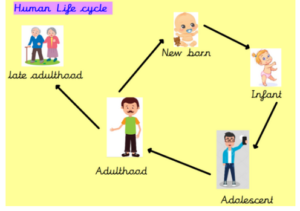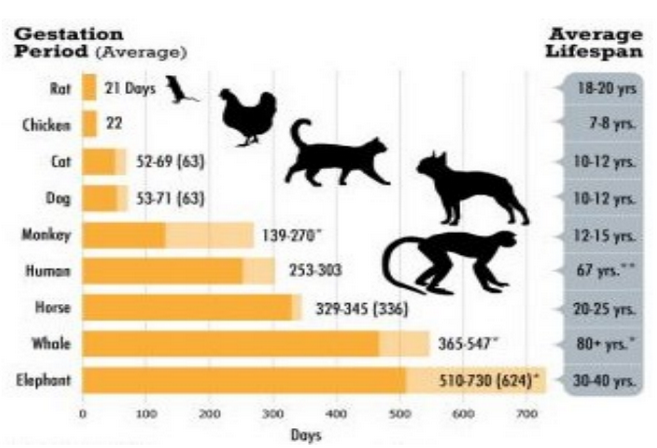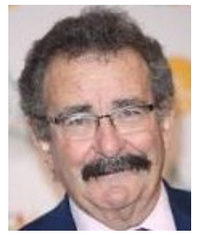Human Life cycle
- New born – this is a baby that has just been born.
- Infancy – this is a period of rapid change. Many toddlers learn to walk and talk at this stage.
- Childhood – children learn new things as they grow. They become more independent.
- Adolescence – this is when the body starts to change and prepare itself for adulthood. Hormonal changes take place over a few years. This is also known as puberty.
- Early adulthood – this is when humans are usually at their fittest and strongest. Normally the time where reproduction happens.
- Middle adulthood – changes such as hair loss may happen. There are also some hormonal changes again and the ability to reproduce decreases. This is called the menopause.
- Late adulthood – there is a decline in fitness and strength.

What is a gestation period?
The process in which babies grow inside their mother’s body before they are born. This period differs between species.

What is puberty?
- Puberty is the change that happens in late childhood and adolescence where the body starts to change because of hormones.
- Some changes include growth in height, more sweat, hair growth on arms and legs, under the armpits and on genitals, and growth in parts of the body such as male genitals and breasts.
- Females begin to menstruate.
7 life processes:
movement, reproduction, sensitivity, growth respiration, excretion and nutrition.

Focus Scientist
Robert Winston (b.1940) is a professor of fertility and reproduction in humans. He also presented the TV show Child of our Time which looked at how children grow and change in the first 20 years of their lives.

Key Vocabulary
adolescence: the period of your life in which you develop from being a child into being an adult.
adulthood: the state of being an adult.
development: the gradual growth or formation of something.
foetus: an animal or human being in its later stages of development before it is born.
gestation: the process in which babies grow inside their mother’s body before they are born.
growth: an increase in something.
hormones: a chemical, usually occurring naturally in your body, that makes an organ of your body do something.
infancy: the period of your life when you are a very young child.
life cycle: the series of changes that an animal or plant passes through from the beginning of its life until its death.
life processes: There are seven processes that tell us that living things are alive.
menopause: the time during which a woman gradually stops menstruating, usually when she is about fifty years old.
menstruation: A cycle of between 2-7 days where woman pass blood and tissue to help the body prepare for the possible fertilisation of an egg.
puberty: the stage in someone’s life when their body starts to become physically mature.
reproduction: when an animal or plant produces one or more individuals similar to itself.
